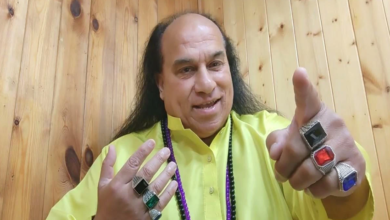Amid the re-fuelled speculations of South Korea’s internment camp ‘Brothers Home’ serving as an inspiration for Netflix’s hit dystopian series ‘Squid Game’, the show’s creator, Hwang Dong-hyuk, has finally addressed the similarities.
With the new and concluding season of ‘Squid Game’, now streaming, social media is once again flooded with claims that suggest that the Netflix series depicts the true stories from Brothers’ Home, a concentration camp in South Korea’s Busan, where over 40,000 people were held under ‘anti-vagrancy laws without trial, legal representation, or any due process’.
Notably, one of the worst human rights abuses in South Korea, Brothers’ Home, was originally meant to be a safe haven for vagrants and the homeless, aimed to provide them with food, clothes and education for some time, before ‘releasing them’ the following year.
However, contrary to the buzz on social media, South Korean filmmaker Hwang Dong-hyuk, creator of ‘Squid Game’, has repeatedly clarified that the title is themed only around modern capitalism, and has no real-life inspirations but his own financial struggles.
Though he admitted drawing inspiration from Japanese comics, including ‘Battle Royale’ and ‘Liar Game’, Hwang shared in an interview, “I wanted to write a story that was an allegory or fable about modern capitalist society, something that depicts an extreme competition, somewhat like the extreme competition of life.”
“But I wanted to use the kind of characters we’ve all met in real life,” he added.
“As a survival game, it is entertainment and human drama. The games portrayed are extremely simple and easy to understand. That allows viewers to focus on the characters, rather than being distracted by trying to interpret the rules,” the filmmaker explained.
Notably, the six-episodic third and final season of the South Korean survival series ‘Squid Game’ is now streaming on Netflix.







